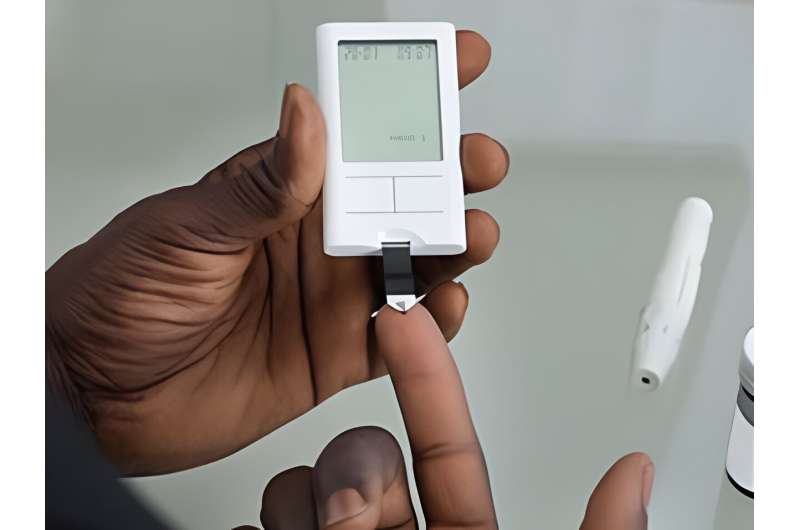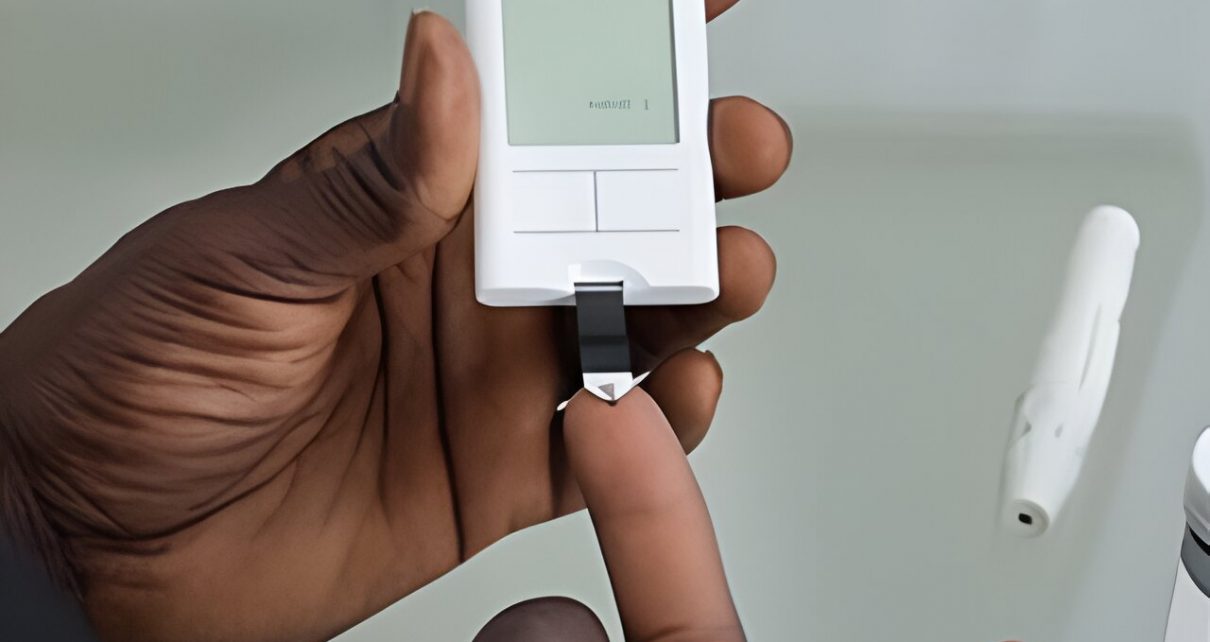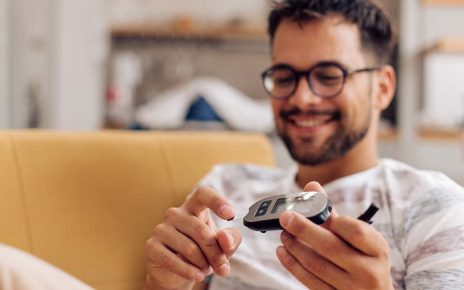
A clinical pharmacist and health coach-delivered mobile health intervention can improve blood glucose levels in African American and Latinx populations, according to a study published online Sept. 29 in JAMA Network Open.
Ben S. Gerber, M.D., from University of Massachusetts Chan Medical School in Worcester, and colleagues assessed whether clinical pharmacists and health coaches using mobile health tools can improve hemoglobin A1c (HbA1c) levels. The analysis included 221 African American or Latinx patients with type 2 diabetes and elevated HbA1c (≥8 percent; aged 21 to 75 years) who received mHealth diabetes support for one year and monitored usual diabetes care for one year (order of intervention was randomly assigned).
The researchers found that in the initial 12 months, HbA1c improved by a mean of −0.79 percentage points in the intervention group versus −0.24 percentage points in the usual care group (treatment effect, −0.62). During the second year, when the intervention group switched, there was a significant change in HbA1c after the control group received the same intervention (mean change, −0.57 percentage points). During the second year, the first intervention group maintained benefit (mean change, 0.17 percentage points).
“Given their greater risk of diabetes complications compared with non-Latinx White adults, this strategy may be effective in reducing racial and ethnic disparities,” the authors write.
Two authors disclosed ties to the pharmaceutical industry.
More information:
Ben S. Gerber et al, Mobile Health Intervention in Patients With Type 2 Diabetes, JAMA Network Open (2023). DOI: 10.1001/jamanetworkopen.2023.33629
Journal information:
JAMA Network Open
Source: Read Full Article



